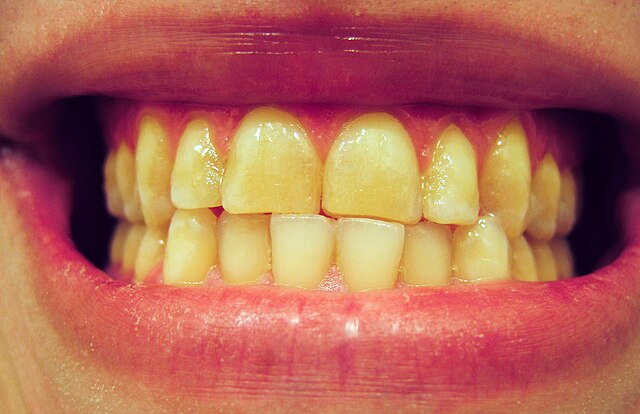Introduction
Teeth grinding in kids, also known as bruxism, is a condition where children grind or clench their teeth unconsciously. This often occurs during sleep but can also happen during the day. While many children outgrow this habit, it can sometimes lead to dental and health issues if left untreated. Understanding the causes, symptoms, and treatment options for bruxism is essential for parents to help their children maintain good oral health and overall well-being.
- Causes of Bruxism in Kids
- Symptoms of Teeth Grinding in Kids
- Diagnosing Bruxism in Children
- Treatment Options
- Preventive Measures
- Conclusion
Causes of Bruxism in Kids
There are several reasons why children may develop bruxism:
- Stress and Anxiety: Psychological factors like stress and anxiety are common triggers. Children may grind their teeth in response to school pressures, changes in routine, or family dynamics.
- Dental Issues: Misaligned teeth or an abnormal bite can cause bruxism. Kids might grind their teeth to relieve discomfort from teething or dental problems.
- Medical Conditions: Conditions such as hyperactivity, cerebral palsy, and certain medications can increase the risk of teeth grinding.
- Lifestyle Factors: Exposure to secondhand smoke and high caffeine intake have also been linked to bruxism in children.
Symptoms of Teeth Grinding in Kids
Parents should be aware of the signs and symptoms of bruxism in their children:
- Audible Grinding Noises: Grinding noises during sleep are often the first sign noticed by parents.
- Jaw Pain and Headaches: Children may complain of sore jaws, earaches, or headaches, especially after waking up.
- Tooth Damage: Worn-down enamel, increased tooth sensitivity, and even chipped or fractured teeth can result from persistent grinding.
- Sleep Disturbances: Bruxism can interfere with sleep quality, leading to daytime sleepiness and behavioral issues.
Diagnosing Bruxism in Children
Diagnosis of bruxism typically involves a dental examination. Dentists look for signs of tooth wear and ask about symptoms like jaw pain or headaches. In some cases, a sleep study may be recommended to assess the severity of the condition and rule out other sleep disorders.
Treatment Options
Treatment for bruxism in kids focuses on addressing the underlying causes and minimizing the damage to teeth:
- Stress Management: Helping children cope with stress through relaxation techniques, counseling, and ensuring a stable routine can reduce the occurrence of bruxism.
- Dental Interventions: Dentists may recommend a night guard, a custom-fitted appliance worn during sleep to protect teeth from grinding damage.
- Behavioral Therapy: For children whose bruxism is linked to psychological factors, behavioral therapy can be effective. Techniques such as biofeedback and cognitive behavioral therapy (CBT) can help manage the condition.
- Medical Treatment: In some cases, medications may be prescribed to manage the symptoms of bruxism, although this is less common in children.
Preventive Measures
Parents can take several steps to prevent and manage bruxism in their children:
- Maintain Regular Dental Check-ups: Regular visits to the dentist can help detect and address issues early.
- Create a Relaxing Bedtime Routine: Establishing a calming routine before bed can help reduce stress and improve sleep quality. Activities like reading, taking a warm bath, or listening to soothing music can be beneficial.
- Monitor Lifestyle Factors: Limiting exposure to secondhand smoke and reducing caffeine intake can help minimize the risk of bruxism.
Conclusion
Teeth grinding in kids is a common condition that can have various causes and symptoms. By understanding the factors contributing to bruxism and implementing effective treatment and preventive measures, parents can help their children maintain healthy teeth and overall well-being.
Sources
The Childhood Bruxism: Literature Review:
https://dergipark.org.tr/en/pub/currresdentsci/issue/80571/1380635
Understanding bruxism in children and adolescents:
https://www.sciencedirect.com/science/article/abs/pii/S1761722715000777
Behavioral problems and emotional stress in children with bruxism:
https://www.scielo.br/j/bdj/a/7gmJ5WbZMn4RhYCTVH9hYvJ/?lang=en
A 20-year longitudinal study of subjective symptoms of temporomandibular disorders from childhood to adulthood:

